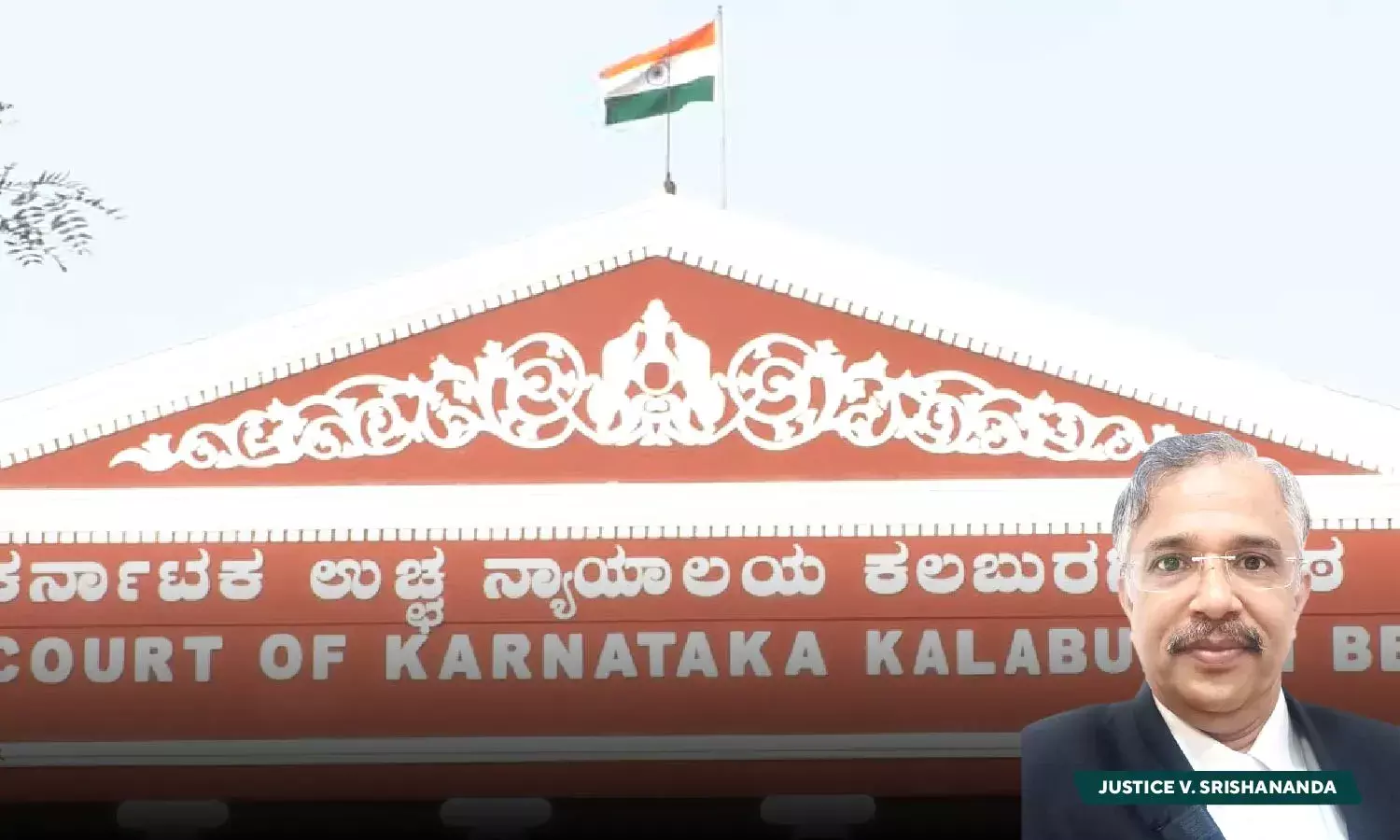Judge Has No Discretion To Reduce Punishment When Statute Prescribes Minimum Sentence: Karnataka High Court

The Karnataka High Court at Kalaburagi Bench has observed that when a statute prescribes a minimum sentence, the trial judge or the appellate judge has no discretion whatsoever to reduce the minimum sentence prescribed by the statute.
A Bench of Justice V. Srishananda enhanced the sentence to minimum seven years saying that sentence of five years imposed on the accused by the trial judge ignored the fact that the statute has prescribed a minimum sentence of seven years was clearly illegal.
The appeal was preferred by the State of Karnataka against the judgment of inadequate punishment /sentence passed by the Special Judge and Additional District and Sessions Judge at Bidar. It was prayed before the High Court that the sentence may be modified by imposing maximum punishment and imposing a fine amount upon the respondent/accused.
The accused/respondent was charge-sheeted for the offence punishable under Section 376 of IPC and Section 4 of the Protection of Children from Sexual Offences (POCSO) Act, 2012. The accused pleaded not guilty and therefore, the trial was held. The presumption contemplated under Sections 29 and 30 of the POCSO Act, were not rebutted by the accused by placing rebuttal evidence on record.
The Special Judge sentenced the accused to a period of 05 years of simple imprisonment with a fine of Rs.2,000/- for each offence. The Special Judge further ordered that both of these sentences shall run concurrently and set off under section 428 of Cr.P.C. was granted for the period of imprisonment already undergone by the accused.
When the accused was heard on the quantum of sentence by the Trial Court, he said that he had a wife and children and comes from a poor family.
In the appeal, it was submitted that an offence under Section 376 is punishable by life imprisonment or imprisonment for 10 years and a fine. However, the trial court did not give any reasons for reducing the period of imprisonment to five years.
Similarly, under Section 4 of the POCSO Act, the minimum sentence prescribed is seven years (now after amendment, ten years). It was said that no discretion lies with the Special judge to reduce the minimum sentence from seven years to five years.
High Court Government Pleader Gururaj V.Hasilkar appeared for the Appellant while Advocate Ishwaraj S. Chowdapur appeared for the respondent/accused.
The High Court said that since the statute has prescribed a minimum sentence of seven years for the offence punishable under Section 4 of the POCSO Act, the Special Judge did not have any power whatsoever to reduce the minimum sentence to five years.
"While maintaining the conviction of the respondent/accused for the offence punishable under Section 376 of IPC and Section 4 of POCSO Act, the sentence ordered by the learned Special Judge for the offence under section 4 of the POCSO Act is enhanced to seven years", ordered the High Court and allowed the appeal.
Cause Title- State of Karnataka v. Shaik Rouf
Click here to read/download the Judgment

